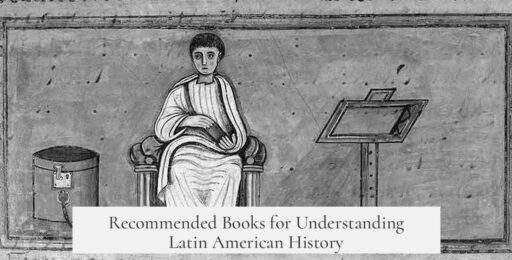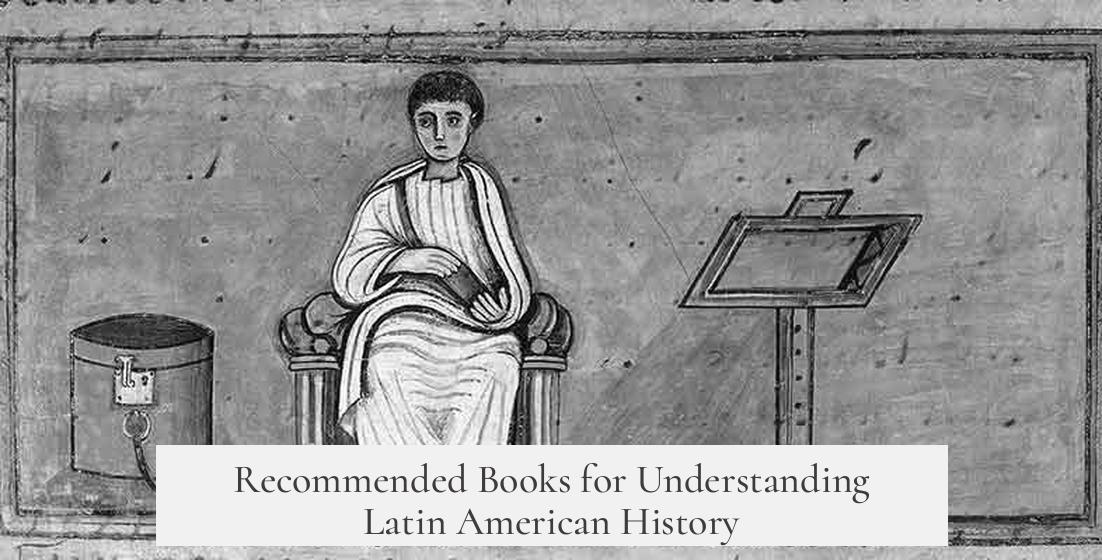Several well-regarded books offer insightful views on Latin American history. One of the most recommended texts is Born in Blood and Fire: A Concise History of Latin America by John Charles Chasteen. This book serves as a comprehensive guide, covering Latin America’s history from its early contact period to present-day issues. It effectively balances academic rigor with accessible language, making it suitable for both college students and general readers.
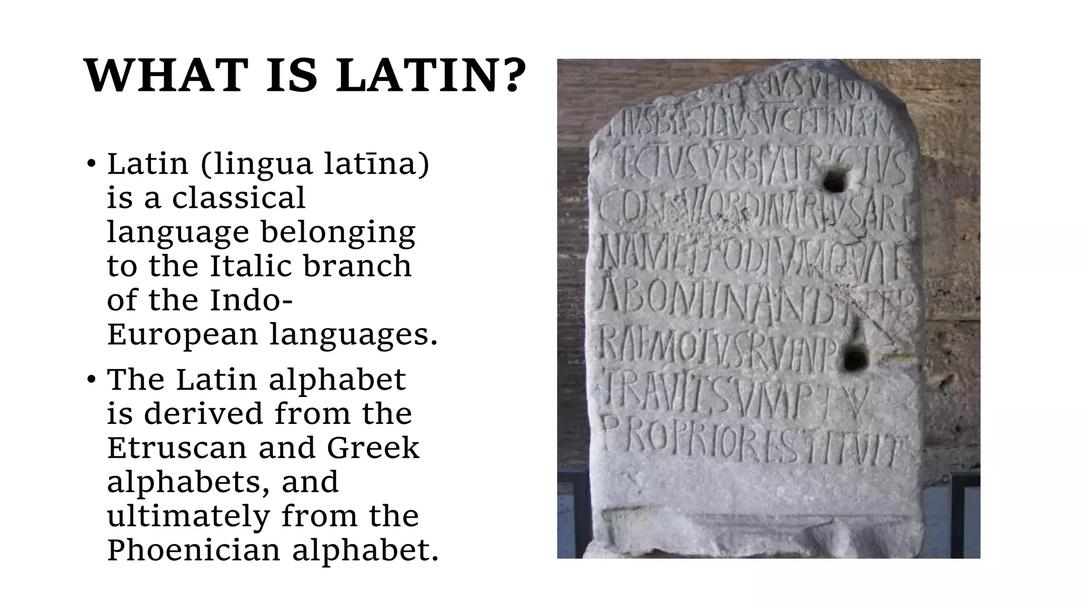
Latin America’s diversity poses challenges for a single volume to cover all aspects without oversimplification. Chasteen’s work manages to represent various geographic and cultural areas, providing a broad yet detailed overview of the region’s complex history.
For those interested in Mexican history specifically, the Nueva historia general de México (2010), published by El Colegio de México, is a valuable resource. Composed of 16 monographs by different academics, this book delivers a thorough introduction to Mexico’s historical trajectory. It is well-suited for undergraduates and knowledgeable high school students. However, it is primarily in Spanish, so some language proficiency is necessary to fully benefit from it.
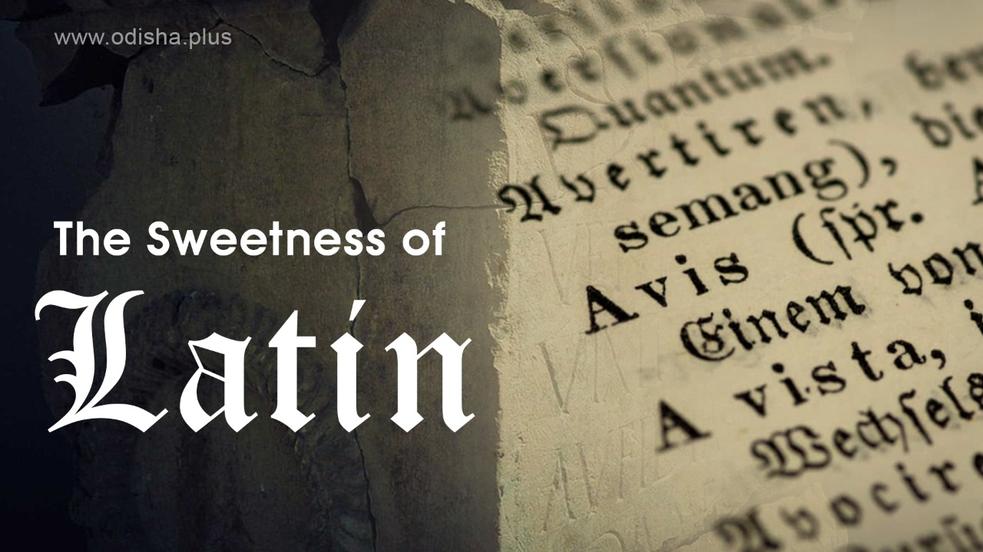
Readers with an interest in political thought and the independence movements in Latin America may find The Ideology of the Creole Revolution by Joshua Simon useful. This book compares key political ideas from leaders like Simón Bolívar and Lucas Alamán with those of Alexander Hamilton in the United States. It sheds light on shared challenges faced by new republics such as Gran Colombia and Mexico, offering a comparative perspective on nation-building and political ideology.
For further reading, the /r/AskHistorians subreddit features an updated Latin America book list. This curated list includes diverse topics and recent works, helping readers discover more specialized or regional studies. The Brazilian section, for example, has been recently enhanced to reflect new scholarship.
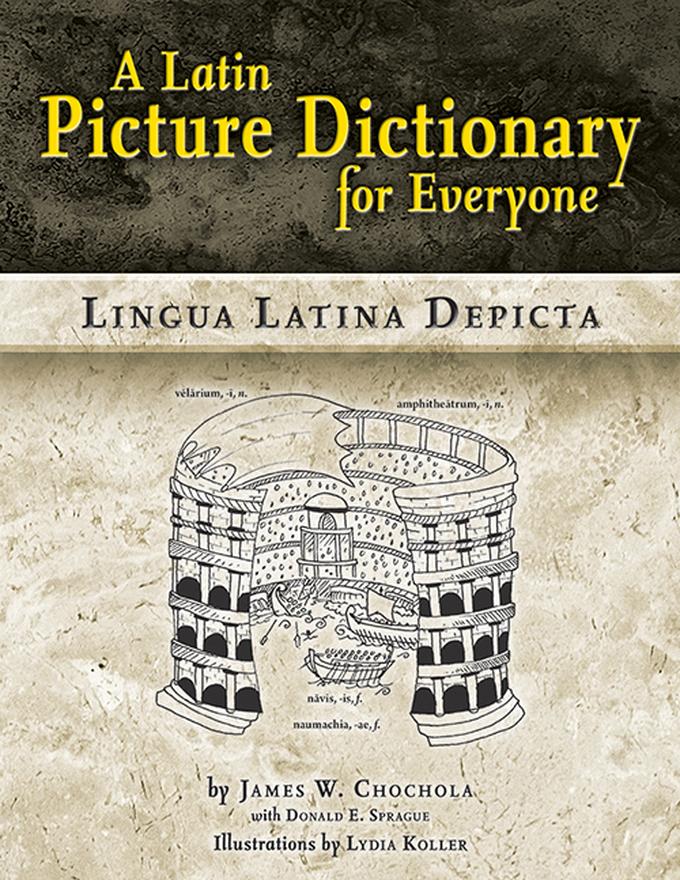
| Book | Focus | Audience |
|---|---|---|
| Born in Blood and Fire by John Charles Chasteen | General Latin American history | College students, general readers |
| Nueva historia general de México | Mexican history; collection of monographs | Undergraduates, informed readers (Spanish) |
| The Ideology of the Creole Revolution by Joshua Simon | Political thought, independence movements | Scholars, advanced readers |
- Born in Blood and Fire offers a concise yet broad history of Latin America.
- Nueva historia general de México is key for comprehensive Mexican history.
- The Ideology of the Creole Revolution explores political ideas during independence.
- The /r/AskHistorians Latin America book list is a useful additional resource.
What Are Some Good Books for Latin American History?
If you’re diving into the rich and complex world of Latin American history, a few standout books come highly recommended. They serve a range of interests — from broad overviews to deep dives into specific nations and political movements. Curious? Let’s unpack these gems that blend scholarship with readability, moving from fiery revolutions to cultural flows and political ideologies.
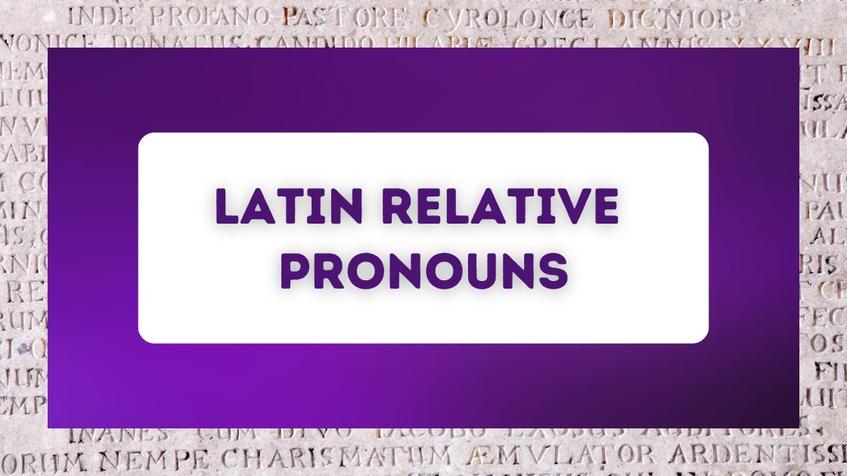
First, when you want to grasp Latin America as a whole, Born in Blood and Fire: A Concise History of Latin America by John Charles Chasteen stands tall. This book is a favorite in college classrooms. But don’t worry—it wasn’t written by dusty historians locked in archives. Chasteen’s style is clear, engaging, and even conversational, making it approachable for newcomers and history buffs alike. The book takes you from the earliest encounters between indigenous civilizations and European colonizers all the way to present-day issues, capturing multiple nations and regions. Latin America is vast and diverse, so a book that avoids oversimplifications while covering such a wide scope is rare. Chasteen nails it, making this a go-to for anyone wanting the full panorama in one compact volume.
What if Mexico is your main interest? For a sharper, academic but still accessible look, Nueva historia general de México (2010), published by El Colegio de México, is a brilliant pick. It’s a collection of 16 detailed monographs written by top academics. The book shines for Spanish readers eager to explore Mexican history from many angles—cultural, political, social. It’s aimed at undergraduates, high school readers with a keen interest, and anyone who wants a solid foundation. The academic rigor balances with readability, so it’s never dry or off-putting. Instead, you get a diverse, mosaic-like understanding of Mexico’s past—perfect if you’re ready to embrace complexity.
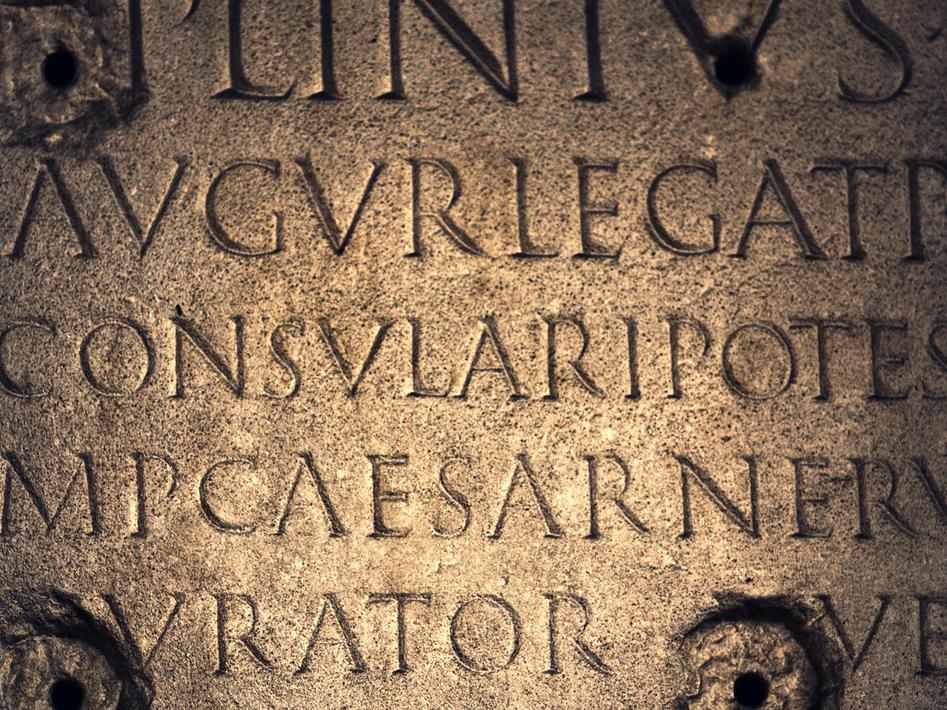
Now, history isn’t just about dates and events; it sometimes boils down to ideas and ideologies, especially around independence movements. Here, Joshua Simon’s The Ideology of the Creole Revolution stands out. It offers a fascinating comparative study of political thought in early 19th-century Latin America. Simon analyzes influential figures like Simón Bolívar, Lucas Alamán, and even throws Alexander Hamilton into the mix, drawing links between newly born nations such as Gran Colombia, Mexico, and the United States. This isn’t just a history book—it’s a deep dive into the intellectual battles that shaped independence and nationalism. If politics and philosophy fascinate you, this book offers fresh insight into how these countries navigated their tumultuous beginnings.
But wait—there’s more than just these books! For those who love exploring broader reading lists curated by experts, don’t miss the /r/AskHistorians Latin America book list. Reddit users and history lovers have compiled a hefty resource of titles, recently updating the Brazilian section. Whether it’s political history, indigenous cultures, or economic developments, this list serves as a roadmap for further reading tailored to various interests.
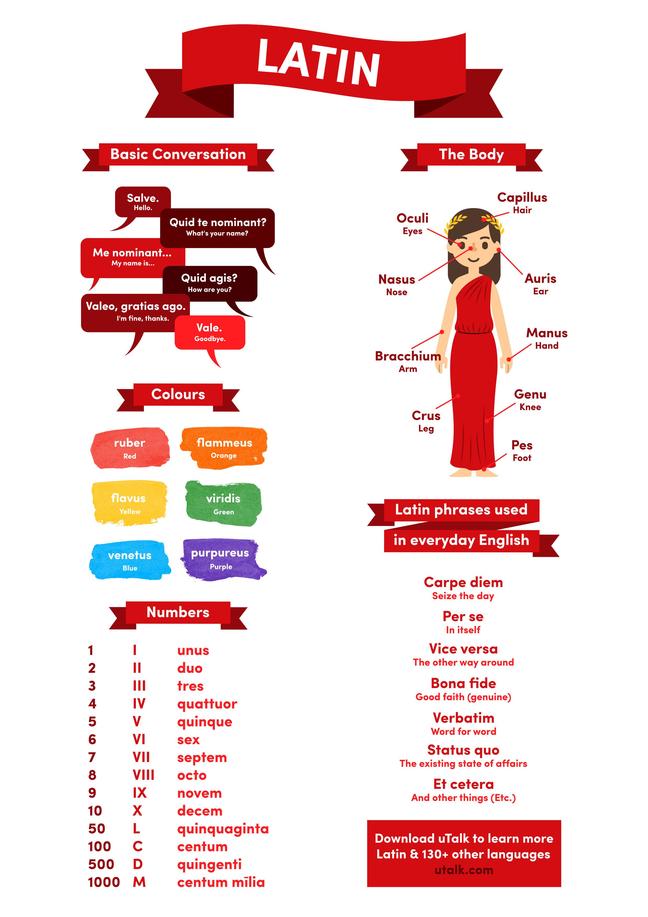
Why these books matter? Because Latin American history can feel like a sprawling narrative full of twists, turns, and distinct regional flavors. Few books manage to balance depth with accessibility or combine political theory with vivid storytelling. The above picks excel at doing just that.
Why Start with “Born in Blood and Fire”?
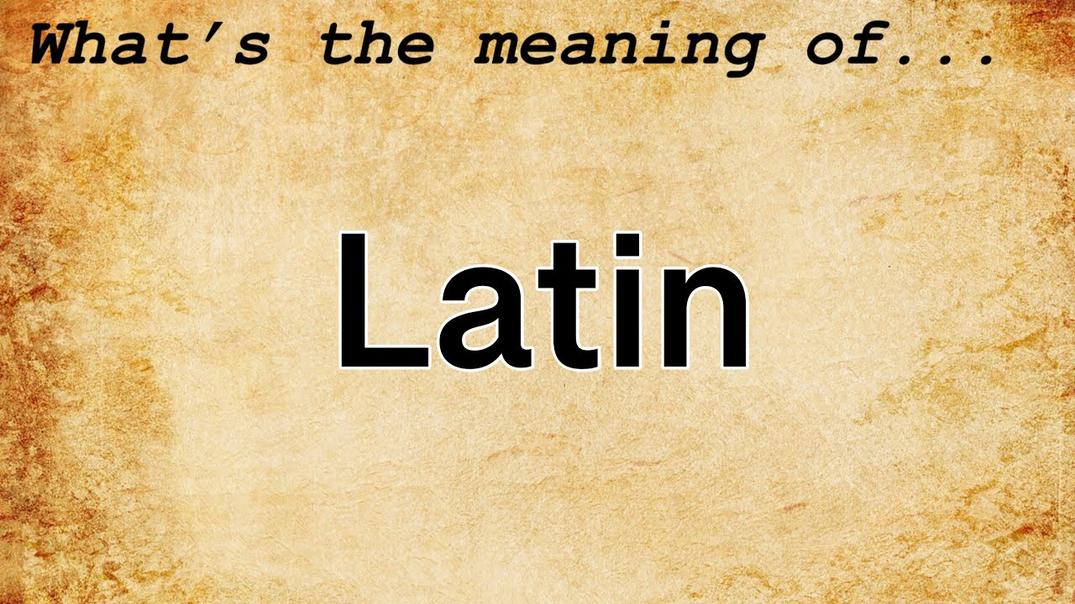
Imagine stepping into Latin America’s history with a guide who makes complex events easy to grasp. Chasteen’s book captures this perfectly. It respects the region’s cultural diversity and avoids the trap of turning a multi-nation story into a single, dull narrative. You’ll learn about everything from the Aztec and Inca empires, through colonial struggles, to modern-day social movements.
This book is practical for students, travelers, or curious minds who want a clear baseline before narrowing focus. Plus, its engaging tone stops you from dozing off during what can be dense historical lessons.
Digging Deeper Into Mexican History
If your interest zooms in on Mexico, the Nueva historia general de México offers weighty scholarship with a readable manner. Because it hits multiple areas—politics, culture, economy—you get panoramic insight without chasing dozens of separate volumes.
And since it’s edited by a prestigious Mexican institute, it reflects local academic perspectives often missing from international books. It’s your gateway into understanding how Mexico’s history fits into wider Latin American contexts.
The Power of Political Thought in Independence
History isn’t just about who did what when. Sometimes it’s about why they believed what they did. Simon’s The Ideology of the Creole Revolution reveals how revolutionary leaders twisted ideals to suit their struggles for identity and sovereignty. Recognizing parallels with early American history adds another layer of understanding about the shared and divergent paths post-colonial states took.
Final Thoughts & Recommendations
- Start broad: Born in Blood and Fire for an engaging overview.
- Get specific: Nueva historia general de México for Mexican depth.
- Think ideologically: The Ideology of the Creole Revolution for political and comparative analysis.
- Dive deeper: Explore the /r/AskHistorians Latin America book list for variety.
So, whether you’re a student, a history fan, or just curious, these books provide a strategic, layered path through Latin America’s past. Hungry for more? Open these pages and start your journey — history awaits, and it’s anything but boring.
What is a recommended concise book that covers broad Latin American history?
*Born in Blood and Fire: A Concise History of Latin America* by John Charles Chasteen offers a clear overview from early contact to modern times. It covers multiple regions without over-simplifying.
Are there good books focusing specifically on Mexican history?
*Nueva historia general de México* (2010) by El Colegio de México is a solid choice. It consists of 16 essays by scholars and is suitable for undergraduates and interested readers who can read Spanish.
Which book explores the political ideas behind Latin America’s independence movements?
*The Ideology of the Creole Revolution* by Joshua Simon examines thinkers like Simón Bolívar and compares Latin American and U.S. independence struggles. It offers insight into early political challenges.
Where can I find more book recommendations on Latin American history?
The /r/AskHistorians subreddit has an updated Latin America book list. It includes detailed selections for different countries, including a recently revised Brazilian section.
Is there a single book that covers all of Latin America without oversimplifications?
Because Latin America is diverse, no one book can cover everything perfectly. Chasteen’s *Born in Blood and Fire* comes close by balancing breadth and depth without being too simple.
